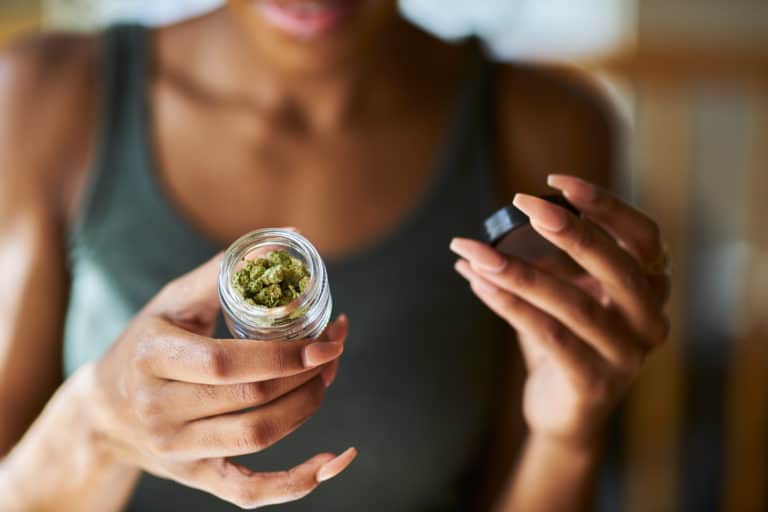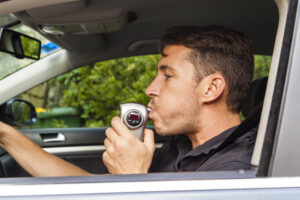
While several states adopted laws legalizing medical and recreational marijuana use, Texas’ laws remain strict in comparison. You may wonder how Dallas’ marijuana laws impact DWI cases now that the city adopted a law that permits officers to issue citations and release them if they have a few ounces of pot. The laws do not change much of how DWIs are handled statewide.
A Breakdown of Marijuana Laws
The Law in Texas
Except under Texas’ Compassionate Use Act, it is illegal to use, grow, or possess marijuana. Passed in 2015, this act permitted the creation of a registry for doctors who treat epilepsy to prescribe low-level marijuana to intractable epilepsy patients.
The Law in Dallas City in Dallas County
In 2017, Dallas City adopted a “cite and release” program, which gave police the option of releasing individuals who possessed fewer than 4 ounces of marijuana, but otherwise, appeared not to have committed any other crimes. This policy did not decriminalize or legalize marijuana. What it did do was not require police to take these people to jail. Instead, the person gets issued a citation after being fingerprinted, and then, police release them.
The “cite and release” policy only impacts the section of Dallas in Dallas County. Those who live in Dallas in Kaufman, Denton, Collin, and Rockwall counties and get caught possessing 4 ounces of marijuana or less can find themselves taken to jail.
A Closer Look at How Dallas’ Law Impacts Cases
In all actuality, cite and release allows you to avoid the immediate consequences, like getting sent to jail 15 minutes before you are scheduled to work, of possessing marijuana. Also, it limits the number of people police who must endure the long booking process.
Dallas’ policy does not mean an officer can never take you to jail for possessing marijuana. For example, if you carry marijuana while driving, you likely will end up behind bars the day you are picked up by police. Authorities may suspect that you are driving while under the influence of marijuana.
However, this policy does not eliminate the fines and jail time you get once you have completed the legal process. If convicted for possessing fewer than 4 ounces of marijuana, you face a penalty of up to one year in jail, a $4,000 fine, or both.
Marijuana-Related DWIs
Texas makes it illegal to operate a motor vehicle while intoxicated by marijuana, and you can be convicted of DWI if using the drug caused you to lose your physical or mental capabilities. A breathalyzer measures alcohol levels, but no similar test measures marijuana levels. Therefore, police must look at sure signs of drug use to make an arrest. Police inspect for:
- Pupil dilation
- The inability to control eye movements
- Muscle response
- Difficulty answering questions
Sometimes, specially-trained officers known as Drug Recognition Experts take on cases where police suspect a DWI involving marijuana.
Testing for Marijuana Use
A urine or blood test can determine whether people have THC, the mind-altering ingredient in marijuana, in their systems.
However, the tests cannot determine when the drug is involved. Marijuana can be detected weeks and months after use, depending on factors, such as frequency of use and whether it was ingested or smoked. Therefore, even if you used marijuana three days before your arrest when you were not driving, authorities can still arrest and charge you for a marijuana DWI.
Most importantly, in many states where marijuana use is legal, there are limits on the amount a person can have in their systems. Since it is not legal in Texas, no amount is acceptable. Therefore, prosecutors and judges often view any detectable amounts harshly.
DWI Penalties
The penalties for DWI due to alcohol are the same. A conviction for a first DWI offense holds a penalty of up to three days in jail and a fine of up to $2,000. The penalties get stiffer for each subsequent conviction.

Consult with a Marijuana DWI lawyer in Dallas
If you or someone you love has been arrested for a DWI involving marijuana, then contact us at the Law Offices of Randall B. Isenberg. We will work to protect your rights and minimize penalties.
Call us today at (214) 696-9253 to get a free case consultation.










